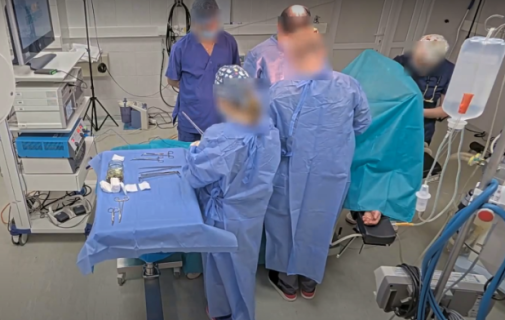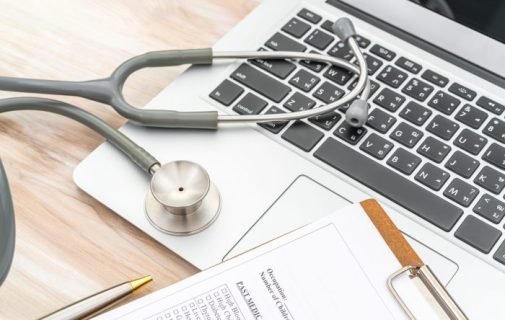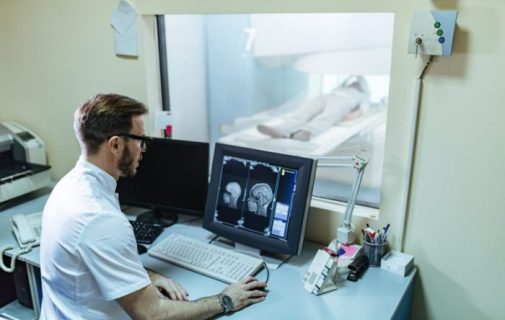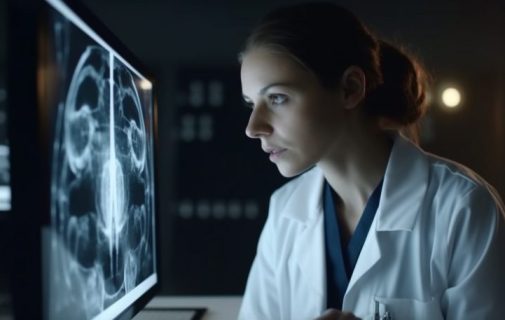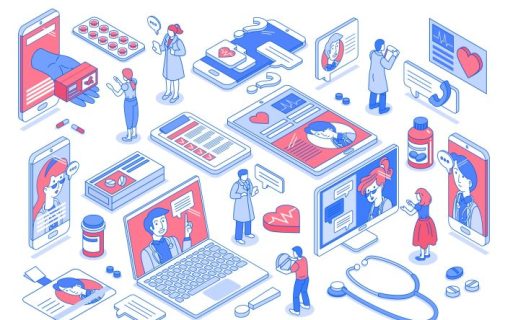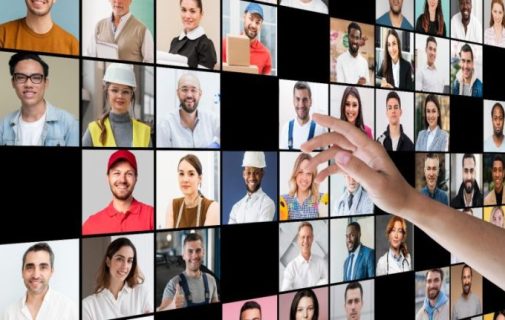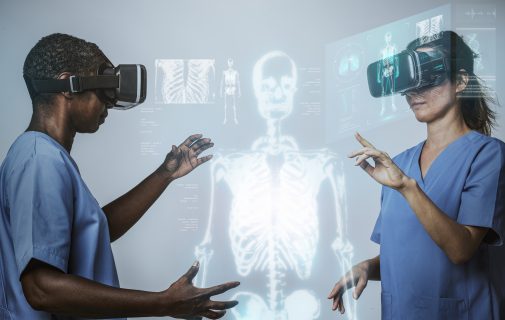 How ChatGPT will change the Healthcare industry
How ChatGPT will change the Healthcare industry
As per recent reports, ChatGPT, a generative AI tool based on the GPT-3.5 architecture, has shown promising results in various medical functions such as medical writing, documentation, and education. Furthermore, it has also been able to pass the gold-standard US medical exam, indicating its potential significance in the field of medicine.
Similar to how the iPhone quickly became an indispensable part of our daily lives, ChatGPT and other generative AI tools have the potential to revolutionize medical practice in ways previously unimaginable. Here are some possible ways in which this technology could transform the field:
By mimicking the process by which doctors make clinical decisions
Generative AI tools such as ChatGPT can quickly access vast amounts of data, using hundreds of billions of parameters to predict the most likely next word or idea in a series of concepts. However, building up sentences is just the beginning of what these tools can achieve.
Currently, doctors can take an additional step in making clinical decisions by asking patients clarifying questions and ordering tests to improve the accuracy of their conclusions. The next generation of generative AI tools will be capable of completing this step, or at least recommending appropriate laboratory and radiology tests.
Just like medical residents, generative AI will initially make mistakes that require correction by skilled doctors. However, with increased experience and computing power, AI tools will become more accurate and precise, similar to the progression of physicians. In due course, ChatGPT will make fewer errors, eventually achieving predictive capabilities and clinical quality comparable to or even surpassing those of medical professionals.
By evolving into a universal medical chatbot
ChatGPT represents a disruptive technology that has the potential to revolutionize how medical professionals engage with patients. As a professionally trained medical chatbot, ChatGPT may be capable of operating faster than current medical chatbots, leveraging a larger database, reducing medical errors, and assisting doctors in improving their performance.
However, like any disruptive technology, ChatGPT also carries inherent risks and may not immediately integrate well with complex, professional healthcare applications. Although innovative and impactful, several obstacles currently hinder ChatGPT from functioning fully as a medical chatbot.
For example, its database may not always be up-to-date, as the current knowledge cutoff is September 2021. Additionally, medical information obtained from the internet may not always be accurate, potentially leading to incorrect responses.
Numerous ethical concerns also exist, including patient safety, privacy, data content, and cybersecurity. It is essential to address these concerns and ensure that ChatGPT’s development as a medical chatbot proceeds in an ethical and responsible manner. Nonetheless, with continued development and integration, ChatGPT has the potential to enhance the quality of healthcare delivery and improve patient outcomes.
By offering 24/7 medical assistance
Unlike a single doctor, the next generations of generative AI will have the ability to monitor patients 24/7 and provide continuous medical expertise. This has the potential to help prevent chronic illnesses such as heart disease, hypertension, and diabetes, as well as reduce the risk of life-threatening complications such as heart attacks, strokes, and cancer. This service could be offered at a low cost of just pennies a day, making it an ideal solution at a time when chronic diseases account for 90% of healthcare expenditures.
Generative AI has the potential to assist patients with chronic illnesses by:
1. Integrating with wearable devices and supportive consumer technologies like Alexa to offer 24/7 monitoring and deliver personalized daily health updates to patients.
2. Comparing wearable-device readings against the expected ranges preset by each patient’s doctor and generating alerts for both patients and physicians when readings indicate potential health problems.
3. Reminding patients when they’re due for preventive screenings, prescription refills, or daily exercise, among other lifestyle improvements.
By reducing the number of medical errors
Tens of thousands of people die annually, and estimates reach up to 200,000 deaths, due to lapses in patient safety, particularly in hospitals. Scientists have outlined steps to prevent these avoidable fatalities, but healthcare providers often fail to follow evidence-based protocols, resulting in preventable complications.
The next generations of ChatGPT, equipped with video capabilities, will have the ability to observe and monitor healthcare professionals, comparing their actions to evidence-based guidelines and alerting them before committing an error.
This technology would help prevent almost all medication errors and the majority of hospital-acquired infections, pneumonia, and pressure ulcers, ultimately improving patient safety and outcomes.
What’s next
Although ChatGPT may become highly advanced and proficient, it will inevitably have its limitations. Its accuracy and efficacy will depend on the quality and reliability of the human-inputted data it receives, and it will be influenced by the biases of the medical professionals on whose expertise it is trained.
To prepare the next generation of medical professionals, educators must begin incorporating this technology into medical school and residency training. Rather than perceiving ChatGPT as a threat, trainees can benefit from learning to effectively utilize the clinical capabilities of generative AI, breaking healthcare’s unwritten rules in the process.

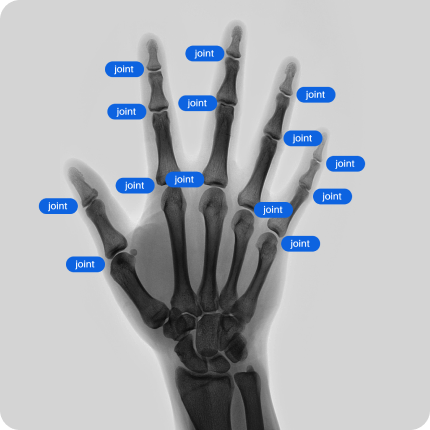
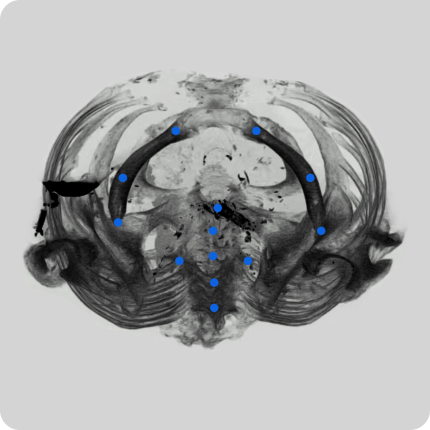
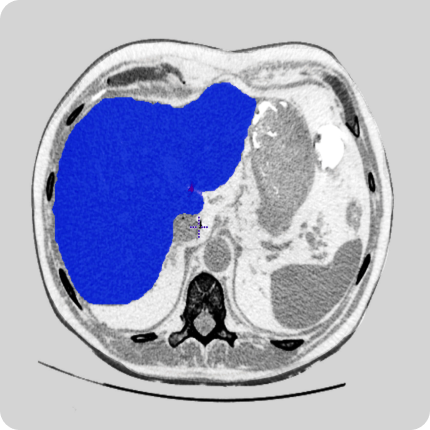
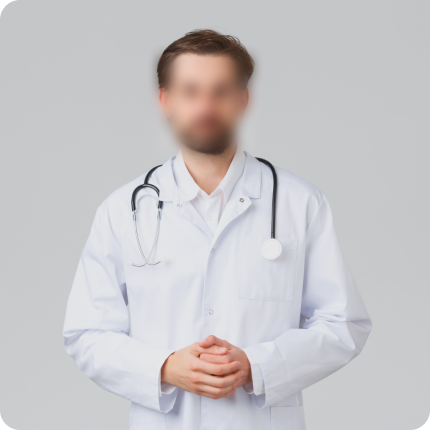

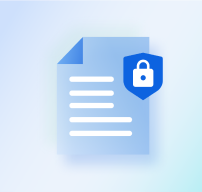
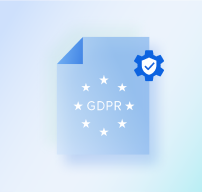
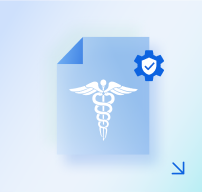






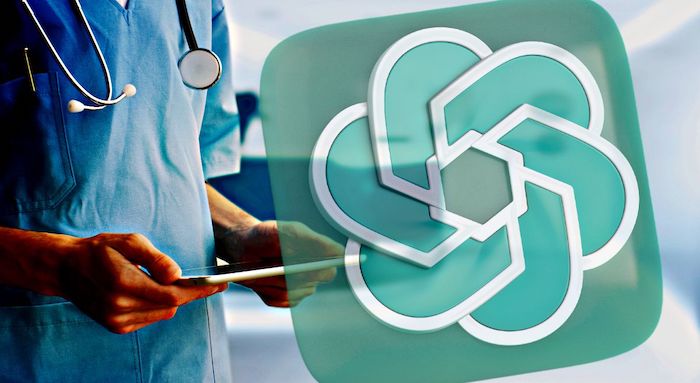 How ChatGPT will change the Healthcare industry
How ChatGPT will change the Healthcare industry




